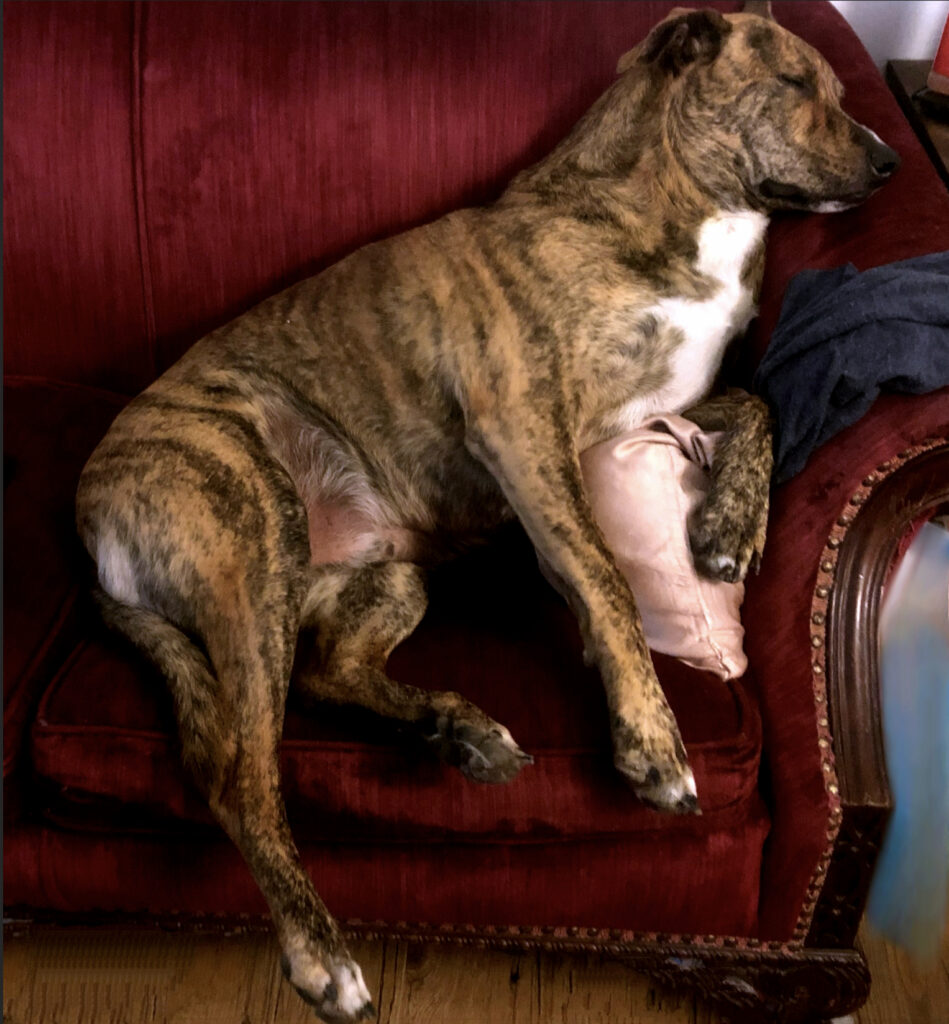
I have given a lot of thought to what makes self care so hard for so many women I know. I have noticed a few important common denominators in people who have a hard time with self care. And while this is not just an issue for women, I see it more commonly in women. But if you’re not a woman and this applies to you, please take it to heart.
Self care is talked about so frequently these day. Let me say a bit about what I mean by self care. I’m not talking about hedonistic, narcissistic kinds of self focus. I’m not talking about manicures or spa days or anything like that really. I’m talking about basic care for ourselves. The stuff that keeps our bodies functioning well. Things like sleeping well, healthy food, joy, calm, a sense of safety, connection with others. For some it’s keeping the house clean enough, getting enough sleep to feel rested, caring for one’s appearance, getting a chance to move our bodies regularly. It’s keeping connected to friends and romantic partners.
Though many people struggle with self care, I have noticed that some clients, often men, have a different issue – a low bar for suffering and a high expectation of reward. They often can’t tolerate the distress that comes with family life and often take more time for themselves, to the dismay of their partners or kids. These are the people who do not overly focus on others and who are often disappearing to go on a bike ride, take a run, read a book, etc. They’re often in bed right when they want to be and are less considerate about how their choices effect their family members. While their self care is admirable, the way their relationships are affected by their self-focus is something else, and probably the topic of a future article. But for those of us who struggle for self care, they may have something to teach us. We can learn from their focus on themselves.
The circumstances of peoples lives make this kind of care easier or harder, depending on their situation. Single parents, care givers, people juggling multiple jobs, people with chronic mental or physical illness, will all have greater challenges when trying to care for themselves, even in these basic ways. So, as we think about self care, please don’t compare yourselves to others who have different circumstances and please don’t judge yourselves. And no matter what your circumstance, I suggest that people who struggle to give them selves care, take some time to focus on this and see what improvements they can make.
Remember, self care is not extra. It’s the basis for health and basic enjoyment in life.
Why do some of us struggle to give ourselves self care more than others? Those of us who didn’t have enough structure, support, boundaries and guidance as we were growing up can struggle a bit more with self care. Some people grow up with little parental supervision and structure. Some examples of what households like this might look like are kids watching endless TV, having very little supervision, not having structured expectations and help with homework, staying up till all hours, and falling asleep in class. Meals not being provided at regular times and kids finding what they can for food. When parents aren’t able to provide this structure for kids, it’s often not easy to teach it to ourselves later on. If kids grow up with this as their normal, they don’t know any different and it can be hard to find a different way in adulthood. This kind of experience is a low bar around care from others.
Kids who endure a lot of suffering in childhood often have trouble with self care. People who experience lot of loneliness, sadness, fear, large amounts of daily anxiety, or specific distress around various kinds of abuse (such as emotional, verbal, sexual abuse), and alcoholism and drug abuse, can get used to a lot of internal distress. Kids get so used to that internal feeling of distress that it becomes the norm and anything more is just a bonus, but not necessarily expected or looked for. Kids who grow up working a lot or who are athletes, often have issues with this as well. Athletes are often taught to push past suffering rather than tuning in to it.
Getting used to suffering is a problem. Later in life, when young adults have more control over their situations, they don’t always realize when they are pushing through more pain than they need to. People don’t always know that there are better feeling options available to them at any given moment. This is a high threshold for suffering.
As a child, a low bar of care by parents plus a high threshold for suffering can equal not being very good at self care.
If either or both of these describe you, please take a few minutes to acknowledge these patterns and where they might have come from. Be compassionate with yourself about this, knowing it’s not your fault that you struggle with this issue. But it is you who gets to address it now. And that’s good news, because what you can control, you can change. And you deserve all the self care and love you can find.
Be on the look out for my next post, which will have some ideas for improving your self care, little by little. I’d love to hear about what true self care means to you. How often to do you feel you’re able to give it to yourself? When you can’t, what get’s in your way? When it goes well, what does it give you?
